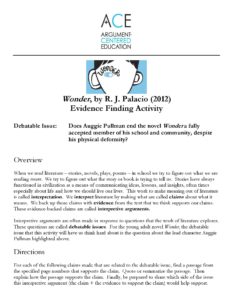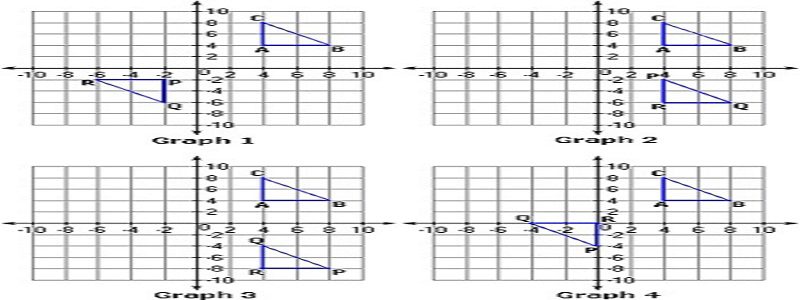An Example of Analytics on a Refutation Activity in a Unit on the Little Rock Nine
Overview
Timely, detailed, standards-referenced feedback is a teacher practice that credible, persuasive research demonstrates can effect dramatic results on student learning and academic performance (see, for example, Hattie, J., & Timplerly, H. (2007). “The Power of Feedback,” Review of Educational Research, 77( 81), 81–112; Hattie, J., Fisher, D., Frey, N. (2016), “Do They Hear You,” Educational Leadership, 7 (73), 16-21). Argument-Centered Education recommends producing what we call “analytics” in response to student formative assessments of argumentation skills. Analytics should identify patterns in student understanding, identifying leverage points for student growth, and they should isolate individual student work samples to demonstrate current proficiencies, and ways to accentuate these, and deficiencies, and ways to redress these, relative to specific performance criteria.
Justify & Critique on Transformations in the Coordinate Plane
Argument-Centered Education is working with partner high schools right now on implementing a variation (and somewhat of a simplification) of the Justify & Critique activity for mathematics classrooms.
This version of the argument-based activity has the same warrants for its use as were laid out in a version previously posted here in The Debatafier on algebraic relationships in two variables, and the same alignment with Common Core and NCTM standards that elevate meta-cognition, ability to communicate how math principles work in solutions, and mathematical reasoning process over product.
‘Wonder’ and Evidence Finding
One of our partner middle schools is doing a unit on R. J. Palacio’s 2012 young adult novel, Wonder, winner of multiple accolades, including the 2015 Mark Twain Reader’s Award. We designed an argument-centered culminating project around the Evidence Finder Activity.

Disrupt the Debate! A Twitter Activity on the 2016 Presidential Debates
Overview
The word “disrupt” had until fairly recently a strictly negative connotation. A business strategy could be disrupted by political unrest in a trading partner country; a classroom could be derailed by a disruptive student. While those meanings haven’t been erased, the 21st century has introduced a positive meaning of disrupt: to break through calcified tradition or habit in order to make room for new voices or influences. In this activity students are going to use Twitter to inject their fresh voice into the presidential debates, which can be seen as somewhat self-sealed, media-manufactured events far removed from participatory democracy. Using Twitter to reflect on the presidential debates through an argument-related lens, students are going to disrupt the debates!
SPAR Debate: A Format for Rigorous, Real, Ready-to-Go Debating in Class
Overview
SPAR Debate is an excellent way to introduce students to debating in the classroom. It’s an activity for getting students initially exposed to debating, but also for isolating and introducing the key elements of academic argumentation.
SPAR is short for Spontaneous Argumentation debates. The term connotes, too, some of the jousting and practicing that we think of as “sparring.” SPAR Debate can be used with minimal research, and is therefore a very good format for getting students up and arguing. SPAR Debate can be used with academic issues, as a way to begin to immerse students in curricular content, or with non-academic (“fun”) issues, as a way to focus on debating format and individual argumentation skills.






